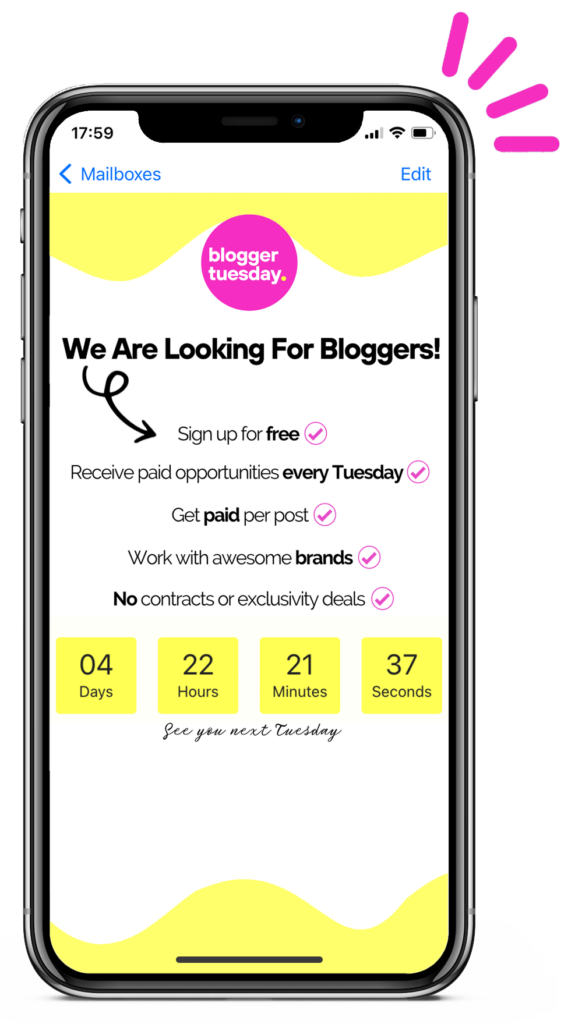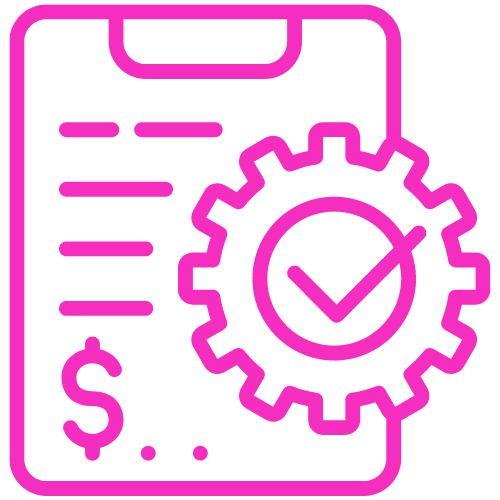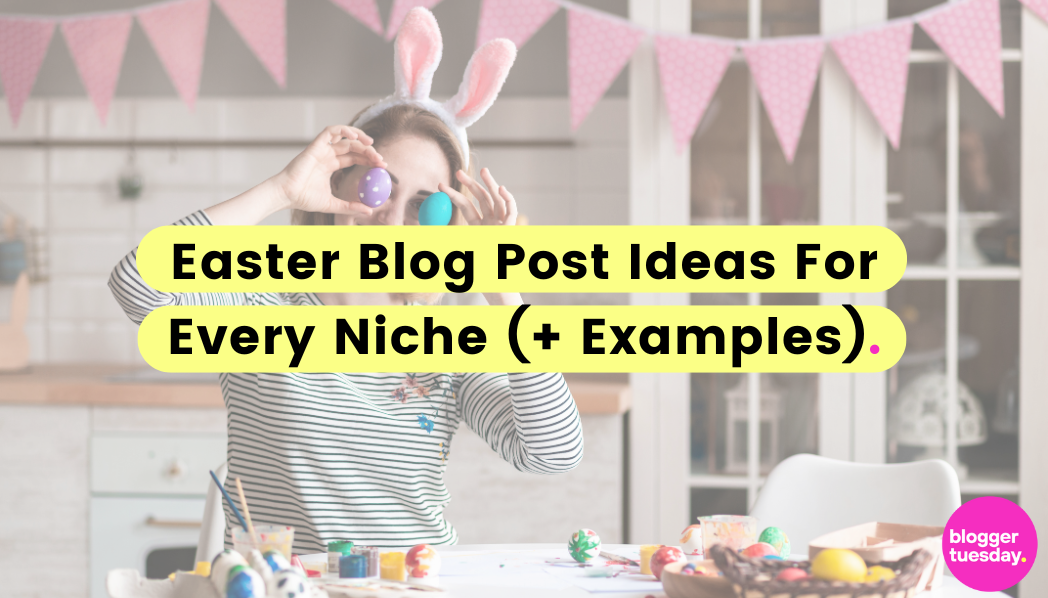Blogging opportunities
in your inbox,
every Tuesday.
Days
Hours
Minutes
Seconds

Your new favourite day.

1. Sign up

2. Receive opportunities

3. Publish and get paid
Find paid blogging opportunities
Every Tuesday at 2pm we will send an email including pitches from brands with exclusive paid blogging opportunities. You can choose which campaigns you want to work on, all you need to do is reply to be considered! Talk with the brands directly and get paid per post.
The only rule, is that there is no rule
No contracts, no cuts taken from payments, no exclusivity,
Join us
Join over 250+ 3000+ bloggers and receive weekly paid blogging pitches. Sign up here!
Latest Posts

Best Places To Find Aesthetic Photos For Your Blog
bloggertuesday
So, you’ve got some great content for your blog. You’ve written posts that are engaging and interesting and you’re almost ready to hit publish. But … Read more

Most Profitable Blog Niches in 2024
bloggertuesday
Image Let’s face it; there are many reasons to start blogging in 2024 ranging from a chance to express your opinions to becoming part of … Read more

Is TikTok Really Gen Z’s Biggest Search Engine?
bloggertuesday
Image Pexels CC0 License Think of a search engine, and there’s probably one name that springs straight into your mind. That’s right, it’s the one … Read more

Easter Blog Post Ideas For Every Niche (+ Examples)
bloggertuesday
Photo by Glenn Carstens-Peters on Unsplash. Whether you are a new blogger or a little more experienced, you should always be on the lookout for … Read more

10 Easter Blog Post Ideas For 2024
bloggertuesday
While it feels like we’re still emerging drowsily from the post-Christmas stupor, it’s time to turn your sights to the year ahead. Getting ready for … Read more

60 Blog Post Ideas For Male Bloggers in 2024
bloggertuesday
It’s a brand-new year, marking a fresh start for your blog. It’s the ideal time to develop some good blogging habits and start thinking about … Read more

